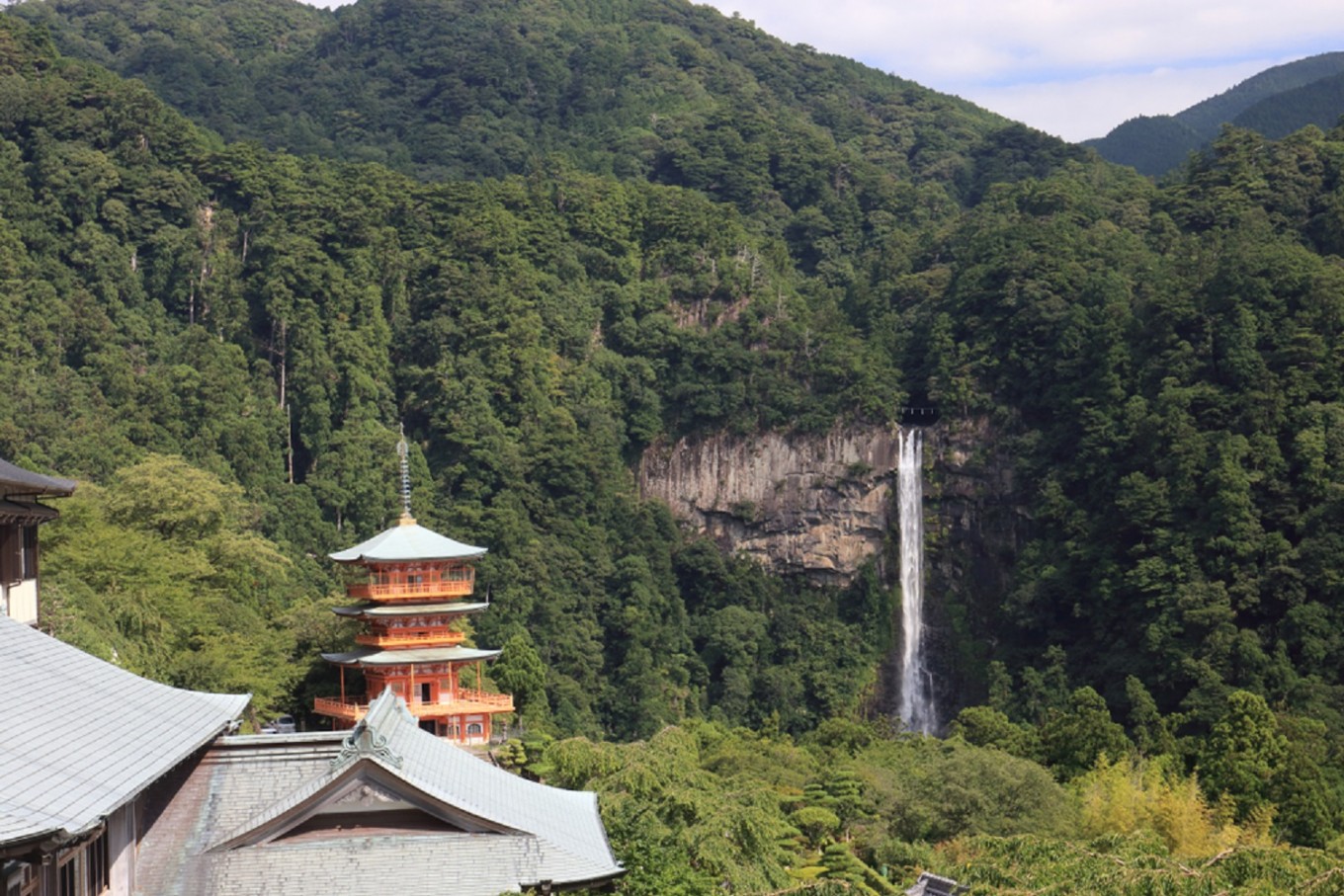Popular Reads
Top Results
Can't find what you're looking for?
View all search resultsPopular Reads
Top Results
Can't find what you're looking for?
View all search resultsIndonesian talents embrace nature in Japan's design residency program
Local designer Diaz Adisastomo, writer Athina Dinda and design agency founder Fandy Susanto were among the participants of Design Camp, an ongoing short residency program initiated by the local administration of Nara Okuyamato, Japan.
Change text size
Gift Premium Articles
to Anyone
D
esign Camp, an ongoing short residency program initiated by the local administration of Nara Okuyamato, Japan, has opened its doors to designers from around Asia, including Indonesia.
During the program, international participants are invited to collaborate with Japanese designers to propose new ideas to local businesses in Nara Okuyamato.
Local designer Diaz Adisastomo, writer Athina Dinda and Fandy Susanto, the founder of multidisciplinary design agency Table Six, were among the participants.
Fandy told The Jakarta Post that the three of them had joined the program at different times.
During a discussion themed “Closer to Nature”, which was part of Into the Woods exhibition, at Dia.Lo.Gue Artspace in Kemang, South Jakarta, last week, the trio revealed that the program not only taught them about proposing design communication to local businesses but also allowed them to learn about nature.
Read also: 'Into the Woods': Explores Japanese wood artistry
Prior to the talk, Fandy told The Jakarta Post that the trees were central to Nara Okuyamato's way of life.
“People live surrounded by the trees. The trees give life to the people, providing them with jobs. As a form of appreciation, people take care of the woods. The mutual respect between nature and the people there has been ongoing for hundreds of years,” Fandy said, adding that he saw the designers as having a great amount of spiritual respect for the woods, inspiring and influencing their work.
Meanwhile, Diaz said during the discussion that people in Nara were aware of natural threats, such as typhoons and earthquakes.
“But [on the flip side], the people also realize nature as a resource and they can use it wisely,” said Diaz.
As for Dinda, the writer mentioned that upon returning from Nara she started to think about the origins of the food she consumed.
Hiroaki Fukuno, the deputy director general at the regional development department of the Nara prefectural government, said that as a civil servant, they tried to protect their heritage while also innovating to match the current era.
In regard to the government's effort to protect the environment, Hiroaki said Japanese people were mostly aware of the importance of protecting nature, which was why the government did not need to impose rules pertaining to the matter. (kes)











